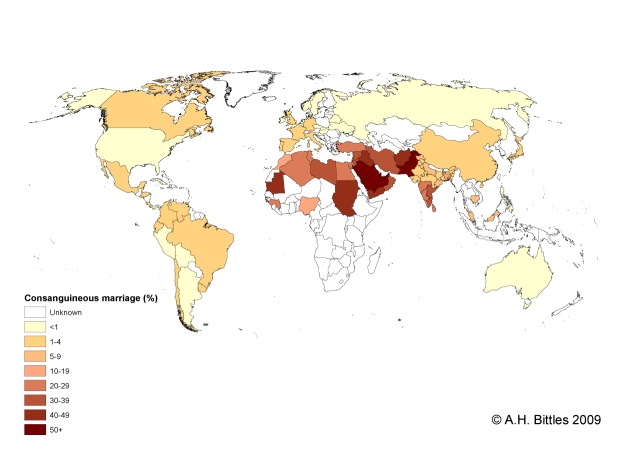Most of my family live in quite large houses and earn no more than 200,000 USD. They are living extremely comfortable lives. What is a mansion to you? We have no direct translation in Danish. Is it a villa or a palæ? Is it two houses with two stories each and a huge yard and forested area? One house with three stories and fifteen rooms and both front and back yard? Two stories, ocean view and sixteen rooms? I do not know about your weirdo Stavanger collegues. City apartments are of course smaller and more expensive than houses. The examples I provided are, in Denmark, not considered part of the capital but they might as well just be the city's suburbs as far as I can gather about the American attitude about distance. The public transportation system here is much better than in the US, so cars aren't as needed.
And, again, if any of these investments fail, they get fired etc... Things will work out, because we have a safety net. It's worth a relatively mundane tax difference, especially with how well people live.
Well the thing is you can probably live as well with 100,000 dollars in the US as with 200,000 in Norway or Denmark. The difference in taxes are not "mundane", they're 100%. An upper middle-class individual will pay about 100% more in taxes in Denmark than the US. How is that mundane or negligible? It's a massive difference.
A mansion is just a big and fancy house. Housing in most of the US is very cheap. A nice 100 m² apartment in Stavanger will cost you about 1 million USD. With that money in most US cities you can but a house 4-5 times that big, with a pool, bbq area, multiple stories, a huge garage, etc. And of course you'll have more more money to buy stuff in the US because taxes are much lower and everything else is cheaper, so saving is easier. Stavanger may be an extreme case but I doubt Oslo would be much cheaper. And housing is just part of the equation.
Everything is cheaper in the US. How much does a beer cost at a restaurant in Noway? It's about 5 times more than the US. How much does gasoline cost? A nice steak? Coffee at Starbucks? One night at a good hotel? You just get a lot more bang for the buck in the US. That's not negligible, it's massive.
Yeah, you'll never need a social safety net. If you work in the private sector, your corporation cannot possibly fail, and if you work in the public sector, your department cannot possibly be shut down. It's impossible for you to ever need a safety net. Especially because you are such a shining example of rugged individualism. You will never fail.
I'm quite confident I'll never "fail", just like my dad never "failed", nor any of his brothers, nor my gradparents or any of their brothers. Nobody ever needed government dole for anything. Of course individual enterprises they had failed along the way, companies went bust, new careers had to be sought... but they always made ends meet, because they always had skills and the will to use them. As do I. My gradpa was a farmer who was ruined by government price controls, he had to sell everything for pennies and taught mathematics at a private school for some years until he could start something else. But that's the thing, there will always be demand for skilled people, even if it's not your dream job. And because I don't have to pay so much taxes and everything is quite cheap here, I can save a lot of money. I could live off savings for many years if need be, but I won't need it because I'll ever be able to find some employment, even if its inferior to what I would like. There's no conceivable scenario in which I would need the government's - or anyone else's - charity (other than suffering some sort of horrific accident that would render me permanently incapable both physically and mentally - in which case I would not want to live, most likely). So the safety net might be appealing for lots of people, but it isn't for me.
I want to know, esp. as I do admit to not know the Brazilian educational system, how come you don't have any student debt? Is it publicly funded or did you work to pay off the debt? Or did mummy and daddy pay for it?
Publically funded for the small minority that manages to get approved to the federal unis. It's a very unfair system really. But daddy would have gladly paid if I was not approved.
Your money isn't hard-earned. It's usually provided per circumstance, and you so happen to have rolled the proper dice. There are a lot of people that make all the right choices and are smart but still end up in sucky situations. The cool thing about Scandinavia is that the safety net is much better at making sure you have another chance to do what you're good at.
Of course it's hard earned, don't be ridiculous. Being favored by circumstances is part of it, but that doesn't mean I don't work hard. I do. I would much rather not work and spend my whole time just enjoying life, but I don't. I do work and quite a lot, and I want to keep the majority of the fruits of that work, thank you very much.






